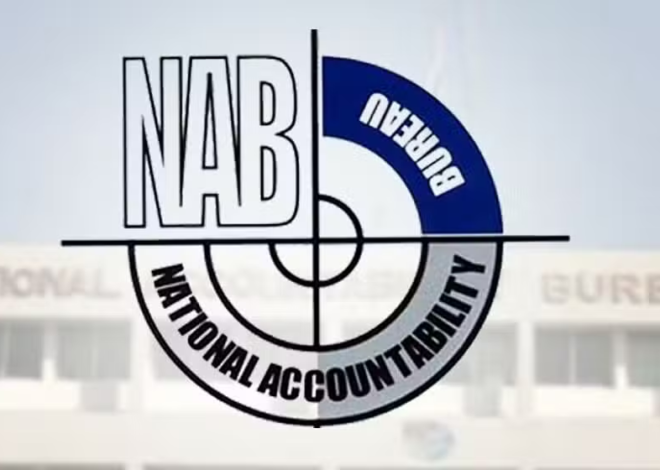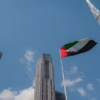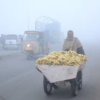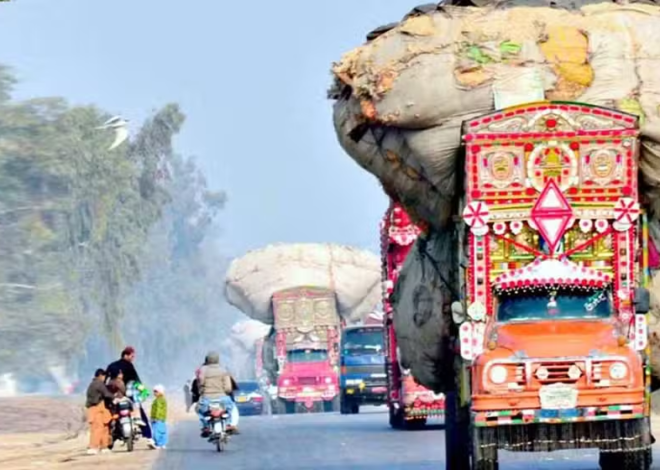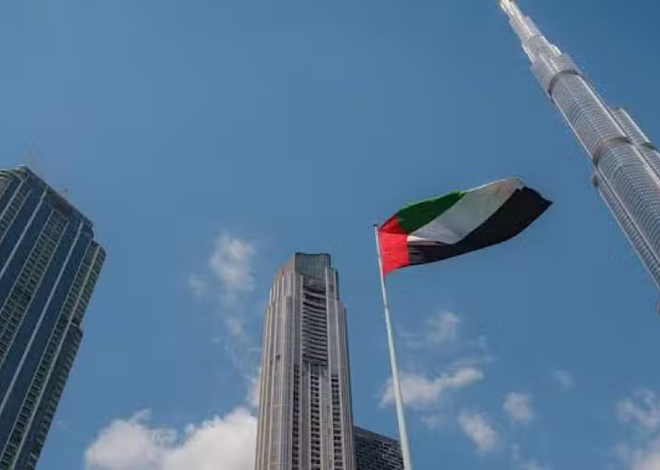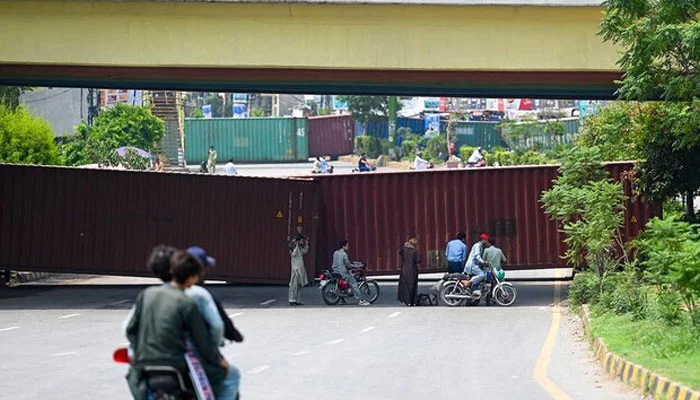
Section 144 Imposed as Rawalpindi Prepares for PTI Protest
In preparation for a planned protest by the Pakistan Tehreek-e-Insaf (PTI) in Rawalpindi, authorities have imposed Section 144, restricting public gatherings and demonstrations. The move aims to prevent any potential unrest and ensure public safety.
Reasons Behind Section 144 Imposition
Authorities have cited security concerns, potential disruptions to daily life, and traffic as the primary reasons for invoking Section 144. Rawalpindi, being a critical city, often becomes a hotspot for political rallies, leading to fears of clashes between protesters and law enforcement agencies.
PTI’s Call for Protest
The PTI has announced this protest as part of its ongoing campaign against what it deems political victimization and the current government’s policies. The party’s leadership, including former Prime Minister Imran Khan, has encouraged supporters to participate, highlighting issues such as inflation, unemployment, and alleged corruption.
How Section 144 Affects the Situation
- Ban on Public Gatherings: Section 144 prohibits gatherings of more than five people, restricting PTI’s ability to conduct a large-scale protest.
- Deployment of Law Enforcement: Additional police forces have been deployed in Rawalpindi to maintain order, with checkpoints set up at various entry points to the city.
Public Reaction
The imposition of Section 144 has received mixed reactions, with some citizens supporting the decision to maintain peace, while PTI supporters have criticized it as an attempt to suppress democratic rights.

